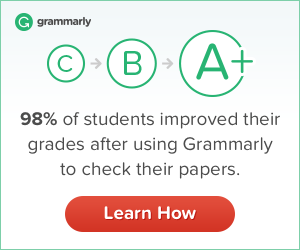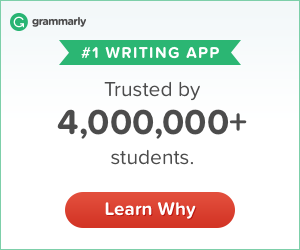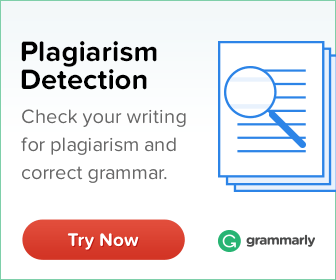Instructions: Using all the knowledge learned in the previous lessons, find the verbs, subjects, predicate nominatives, direct objects, appositives, nouns of address, adjectives, predicate adjectives, adverbs, prepositions, objects of the preposition, prepositional phrases, indirect objects, objective complements, and conjunctions in the following sentences. If there are any conjunctions tell whether they are co-ordinate or correlative conjunctions.
1. The consultant gave Mother and Dad some helpful hints.
2. Dot was an old but reliable pinto horse.
3. My mother knits slowly but very surely.
4. The little girls raced down the street and into the playground.
5. Yesterday was not only hot but also really windy.
6. I have visited both the Boardwalk and Broadway.
7. Either Jenny or your sister will call about the party.
8. Then she stopped at the service station for some gas or oil.
9. The water in the Pacific Ocean was very rough and cold.
10. The injured one was neither Burt nor Bob.
--For answers scroll
down.
Answers:
1. and = co-ordinate conjunction; gave = verb; consultant = subject; hints =
direct object; Mother/Dad = indirect objects; the/some/helpful = adjectives
2. but = co-ordinate conjunction; was = verb; Dot = subject; horse =
predicate nominative; an/old/reliable/pinto = adjectives
3. but = co-ordinate conjunction; knits = verb; mother = subject; my =
adjective; slowly/very/surely = adverbs
4. and = co-ordinate conjunction; raced = verb; girls = subject; down/into =
prepositions; street/playground = object of the prepositions; the/little/the/the
= adjectives
5. not only/but also = correlative conjunction; was = verb; yesterday =
subject; hot/windy = predicate adjectives; really = adverb
6. both/and = correlative conjunction; have visited = verb; I = subject;
Boardwalk/Broadway = direct objects; the = adjectives
7. either/or = correlative conjunction; will call = verb; Jenny/sister =
subject; about = preposition; party = object of the preposition; your/the =
adjectives
8. or = co-ordinate conjunction; stopped = verb; she = subject; at/for =
preposition; station/gas/oil = objects of the prepositions; the/service/some =
adjectives; then = adverb
9. and = co-ordinate conjunction; was = verb; water = subject; rough/cold =
predicate adjective; in = preposition; Pacific Ocean = object of the
preposition; the/the = adjectives; very = adverb
10. neither/nor = correlative conjunction; was = verb; one = subject;
Burt/Bob = predicate nominative; the/injured = adjectives










